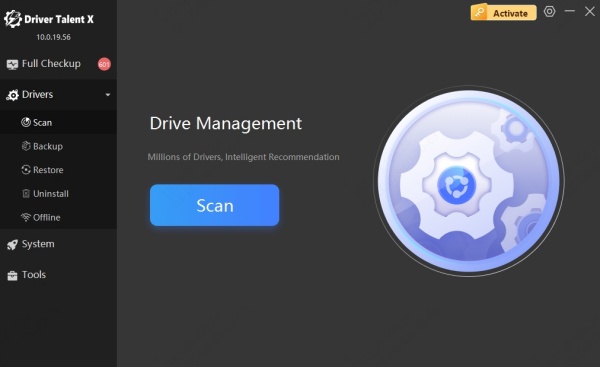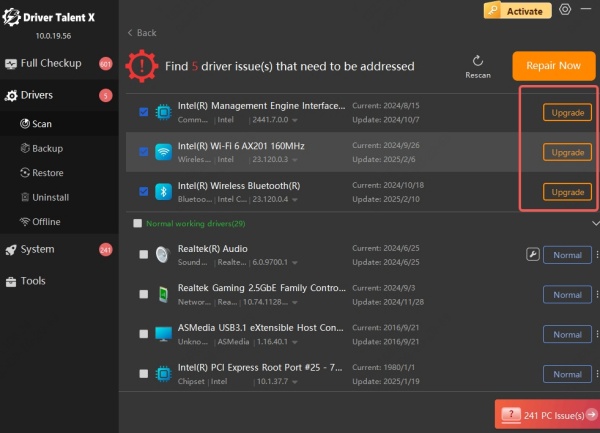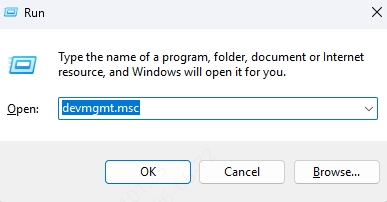Understanding the Audio Endpoint Driver in Windows 11
The audio endpoint driver is a vital component in Windows operating systems that ensures smooth communication between your hardware and software. Without this driver, your speakers, headphones, or microphones may fail to function properly. In Windows 11, this driver plays an even more critical role due to updated sound enhancements and hardware compatibility improvements.
Microsoft bundles the audio endpoint driver Windows 11 with system updates, but users often encounter issues such as no sound, driver corruption, or incompatibility. Knowing how to install, update, or troubleshoot this driver is essential for maintaining optimal sound quality on your device.
Audio Endpoint Driver Windows 11 Download
Sometimes, after a major update or a clean installation of Windows 11, users may need to manually reinstall the audio endpoint driver. The following are common scenarios when downloading the driver becomes necessary:
After upgrading from Windows 10 to Windows 11.
When sound devices are not detected.
If the current driver is outdated or corrupted.
When facing frequent crashes or static sound issues.
How to Download the Audio Endpoint Driver for Windows 11
Via Device Manager
Press Windows + X and select Device Manager.

Expand Sound, video, and game controllers.

Right-click your audio device and select Update driver.
Choose Search automatically for drivers.
From Manufacturer’s Website
If you use Realtek, Intel, or other branded audio devices, visit the official manufacturer’s website to download the latest audio endpoint driver Windows 11 version.
Using Driver Talent (Recommended)
Manual downloads can be time-consuming and risky. Driver Talent simplifies the process by automatically detecting outdated or missing audio drivers and installing the correct versions with a single click.
Audio Endpoint Driver Issues in Windows 11
Even after installing the driver, users may face problems such as distorted sound, missing audio devices, or error messages. These issues often occur due to driver conflicts, system updates, or corrupted files.
Common Problems and Fixes
No Sound After Windows Update
Open Sound Settings and ensure the correct output device is selected.
Reinstall the audio endpoint driver via Device Manager.
Audio Device Missing
Run the Windows Audio Troubleshooter.
Update drivers using Driver Talent to detect hidden or missing devices.
Static or Distorted Audio
Disable audio enhancements in Sound Control Panel.
Reinstall the audio driver for stability.
Audio Endpoint Driver Windows 10 vs. Windows 11
While audio endpoint driver Windows 10 served users reliably, Windows 11 introduces new sound processing features and advanced hardware support. Many users upgrading from Windows 10 experience compatibility errors because older drivers may not fully support Windows 11 enhancements.
Windows 10 Driver: Stable but limited to older sound APIs.
Windows 11 Driver: Optimized for new hardware, improved sound clarity, and reduced latency.
For seamless performance, always ensure you are using the latest audio endpoint driver Windows 11 download rather than relying on outdated versions from Windows 10.
How to Update Audio Endpoint Driver Automatically
Keeping your drivers up to date ensures the best sound quality and prevents frequent errors. Updating manually is possible but prone to mistakes.
Using Driver Talent to Update Drivers
Driver Talent is a powerful driver management tool designed to automatically download, install, and update drivers. It is especially useful for ensuring that your audio endpoint driver Windows 11 is always up to date.
Steps to Update with Driver Talent:
Download and install Driver Talent on your Windows 11 or Windows 10 computer.
Launch the program and click Scan.

Wait for the scan to detect outdated, missing, or corrupted audio drivers.
Click Update next to the audio endpoint driver to install the latest version.

Restart your computer to apply changes.
With its large driver database and user-friendly interface, Driver Talent ensures you never face compatibility issues again.
Manually Reinstalling the Audio Endpoint Driver
In certain cases, you may need to uninstall and reinstall the driver to fix persistent problems.
Press Windows + R, type devmgmt.msc, and hit Enter.

Expand Sound, video and game controllers.

Right-click your audio device and select Uninstall device.
Restart your PC, and Windows will attempt to reinstall the correct audio endpoint driver Windows 11 automatically.
If the issue persists, use Driver Talent to download and install the right version.
Conclusion
The audio endpoint driver Windows 11 is crucial for flawless audio performance. Whether you are downloading, reinstalling, or updating it, ensuring the correct driver version is essential for both Windows 10 and Windows 11 users. While manual installation works, relying on an intelligent tool like Driver Talent makes the process faster, safer, and more efficient. By keeping your drivers updated, you not only fix errors but also enhance overall system performance.
For uninterrupted sound quality and hassle-free driver management, we recommend Driver Talent as the best solution to handle all your audio driver needs.









